Learning That Matters
CLA prepares you to be an informed, original thinker and engaged citizen of your communities and the world. The questions you explore in CLA are always relevant, addressing the most pressing issues of our times and going forward.
Here's what several CLA professors say about how their department ties together your broad learning across academic areas, giving you the versatility you'll need in a changing future.
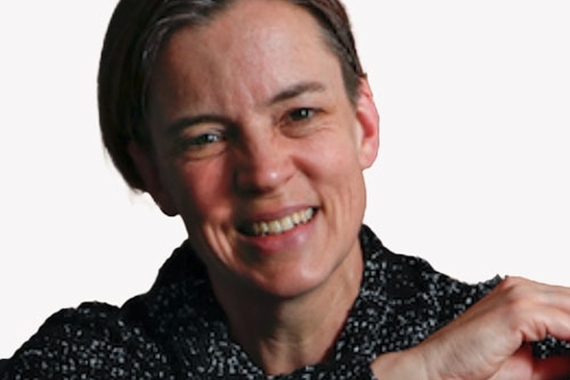
"I study the neural networks in the brain that result in human perceptual experiences, specifically visual perception. My research relies heavily on computer science and math, so it wouldn't seem like an obvious fit in a liberal arts college. But logical thinking and structured argumentation are central to good experiment design, data analysis, and research presentations. So the critical thinking and communication skills that students learn in a liberal arts education are exactly the skills that a good research team needs."
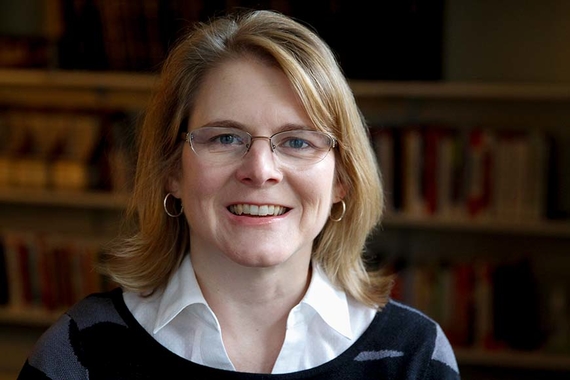
"We integrate writing, rhetoric, and technical communication through a humanistic lens that suits the liberal arts. We are concerned first and foremost with people — how they write, what they write, and to whom they write. We are also interested in power dynamics and influences on writing. Ultimately, writing is an act of human connection. Writing is also an activity that connects all of the liberal arts through expression of ideas."
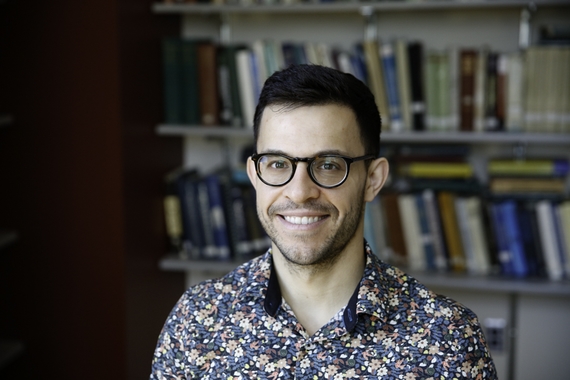
"Statistics and data science do not exist in isolation, but rather they are fundamentally in tandem with other scientific enterprises. One saying I like is that statisticians get to play in everyone else's back yard, because data is a big part of so many other disciplines."
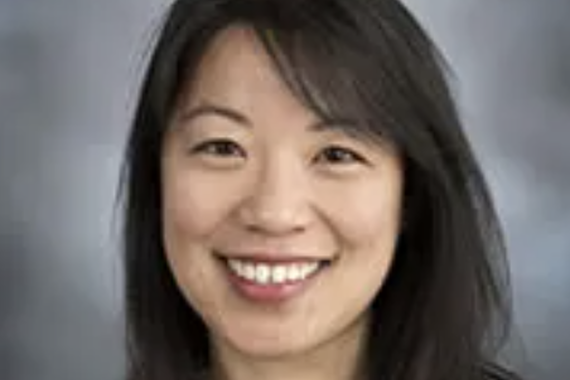
"Storytelling is fundamental to how humans make sense of the world and our experience within it. Literary study trains students to understand how and why these stories are constructed, to ask explore complex questions of meaning and value, and to become attuned to the beauty of language and imaginative expression."
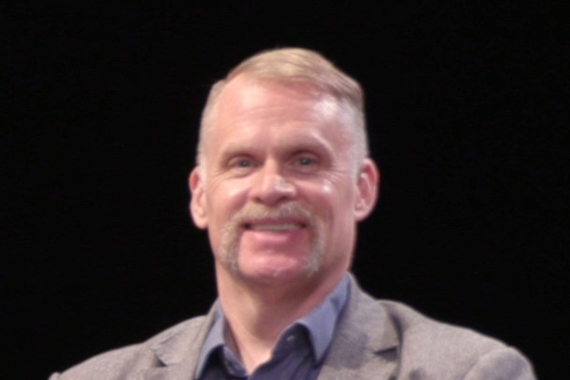
"Language is the essence of human connection. No one department — even one as comprehensive as ours — can study all facets of human language. Students can learn more about sociocultural aspects of communication in Anthropology. They can learn more about racialization and gendering of language in departments like Gender, Women, and Sexuality Studies and African American and African Studies. They can learn more about the structure of human languages in Linguistics. We encourage our students to think broadly."
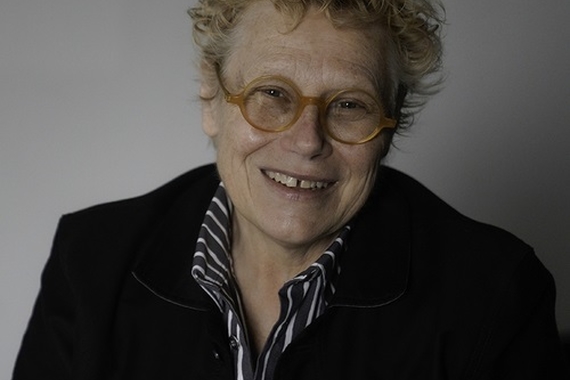
"My mantra as an artist is "by any medium necessary." In my experience, there is a potential reciprocity of ideas and ways of knowing among art and all disciplines and fields. I have been leading the ArTeS (Art+Technology+Science) initiative which centers the arts in interdisciplinary collaborations. This initiative reflects the strength of a liberal arts education and the myriad of ways that it supports the development of your creativity and critical thinking, communication, and capacity for meaningful collaboration."
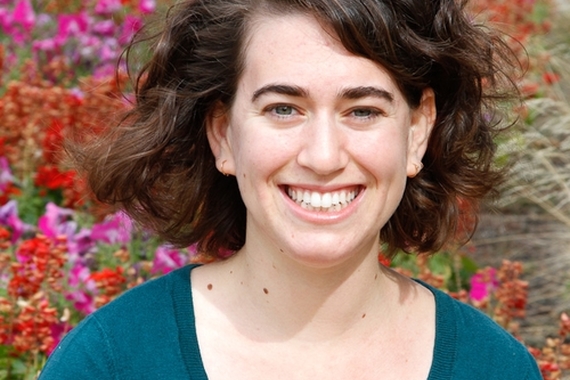
"Language is a central part of what makes us human; as linguists, we investigate not only how our human brains are set up to learn and use language, but also how language exists out in society. There are connections to be made between linguistics and practically any other discipline in CLA — and beyond. Some of our courses directly address these connections, but our students are also constantly finding interesting ways to connect our field with others."
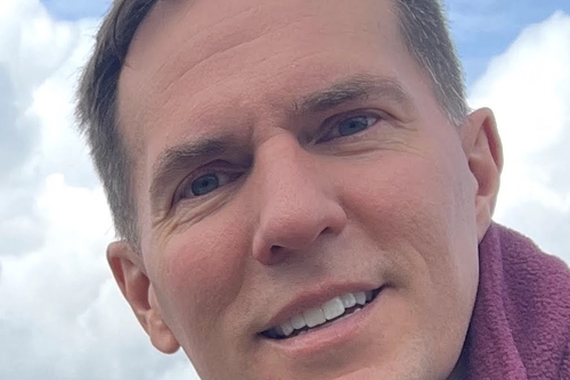
"Music theory is an inherently interdisciplinary field. We work with mathematics, philosophy, psychology, neuroscience, history, gender/women's/sexuality studies, cultural studies, sociology, anthropology, and a host of other fields as we seek to understand how music works and how people hear it. Not only our colleagues in CLA, but also those across the University, inform and inspire our work."
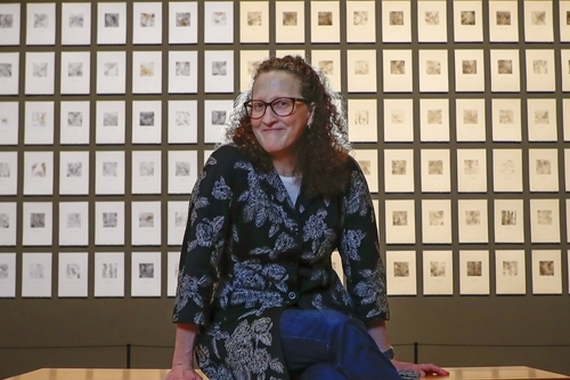
"Art History is a crucial part of a contemporary liberal arts education. Today we live in a predominantly visual world where information is created and shared through imagery. Art history trains students to read the visual world. It also instructs them in critical thinking, research techniques, historical understanding, and writing. Art history helps to advance humanistic values including empathy, understanding complexity and ambiguity, and training in diverse cultures and experiences."
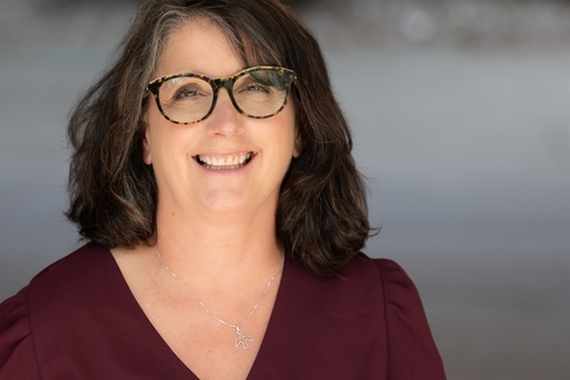
"Journalism and strategic communication are the cornerstone to our social and civic engagement. Recent years have highlighted how misinformation can sow division and create chaos. I think our courses prepare students for professional careers as well as help them explore the role of journalism and strategic communication in the social fabric."
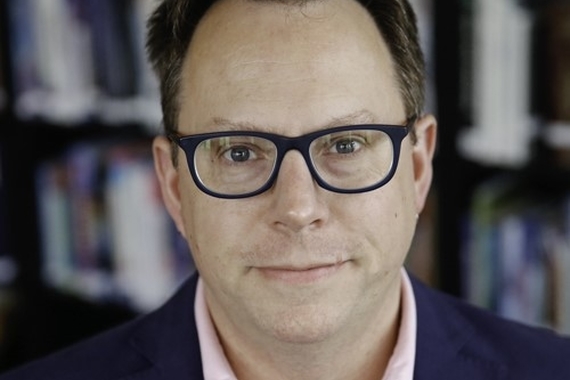
"A liberal arts major is a platform for whatever you want to do in the future. For Sociology, that means engaging deeply with theories about the social world, learning to work with different kinds of data, and learning to write clearly and persuasively. Our students are in every kind of job you can imagine: law, education, health care, nonprofit and public sector work, and much more."
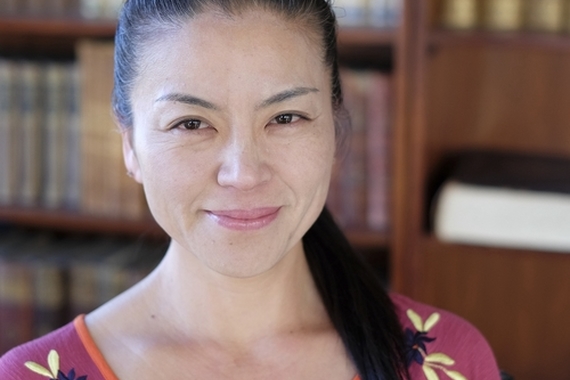
"I firmly believe that the liberal arts education is fundamental for nurturing an informed, responsible, and critical citizen. I equally strongly believe that History is the most effective and important discipline to train students to be a effective writer, analytical reader, capable researcher, and active citizen. All these are so important for any career and private life."
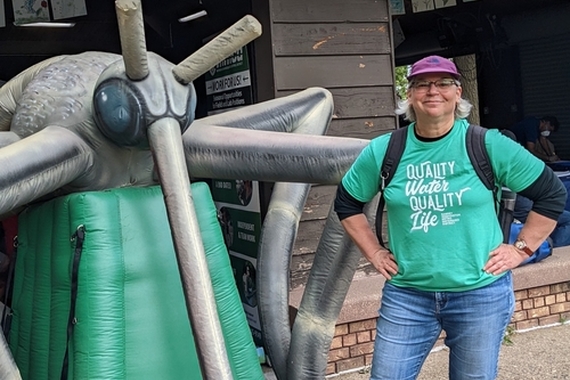
"Our department is the home of three majors: Geography, BSE (Biology, Society & Environment), and Urban Studies. Each major exposes students to the physical and biological sciences, the social sciences and humanities, and methods of inquiry within each. This exposure gives students opportunities to develop a range of skills, knowledge, and experiences relevant to a variety of career fields."
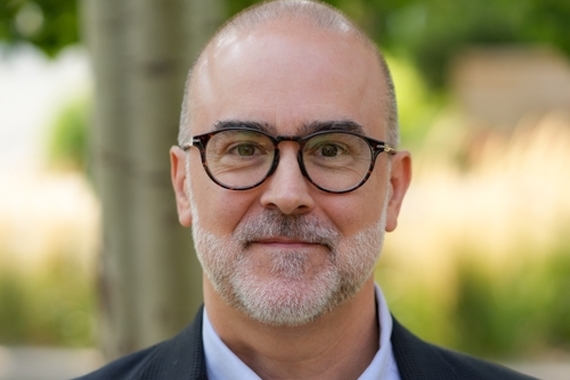
"Study of the ancient world and ancient religions helps form the basis for all liberal arts education, but it also has direct correlations to many similar things in our own cultures (mass media, Christianity, Judaism, and Islam, politics, sexuality and gender, law, to name just a few). And the larger atmosphere of CLA really grounds our work in a larger network of scholars and scholarly approaches to the questions of human experience that we think about together."
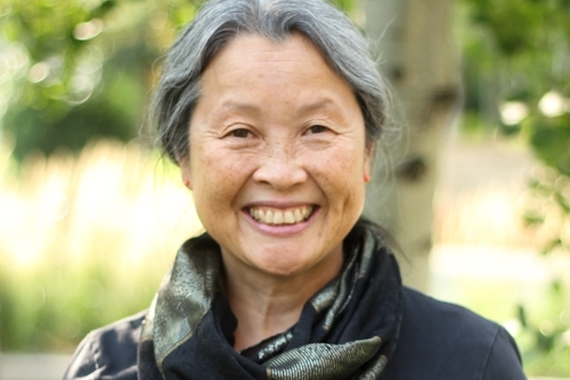
"Asian American Studies focuses on the particular experiences and histories of Asians in the US, emphasizing how Asian American identities are complex, diverse, and constantly changing. This awareness challenges us to think about a variety of social issues through the lens of Asian American perspectives."
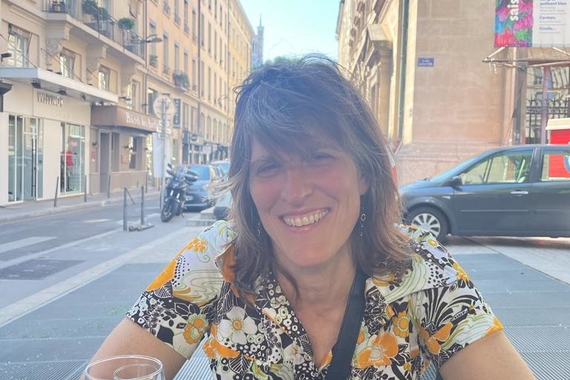
"French Studies gives you access to intercultural training and insight into the complex cultural, political, and philosophical currents that have shaped liberal society. Our department offers a liberal-arts experience onto itself: from sociolinguistics to current issues in migration to film and media studies and philosophy, you'll be exposed to the whole range of subjects and approaches that characterize a liberal-arts education — in one department!"